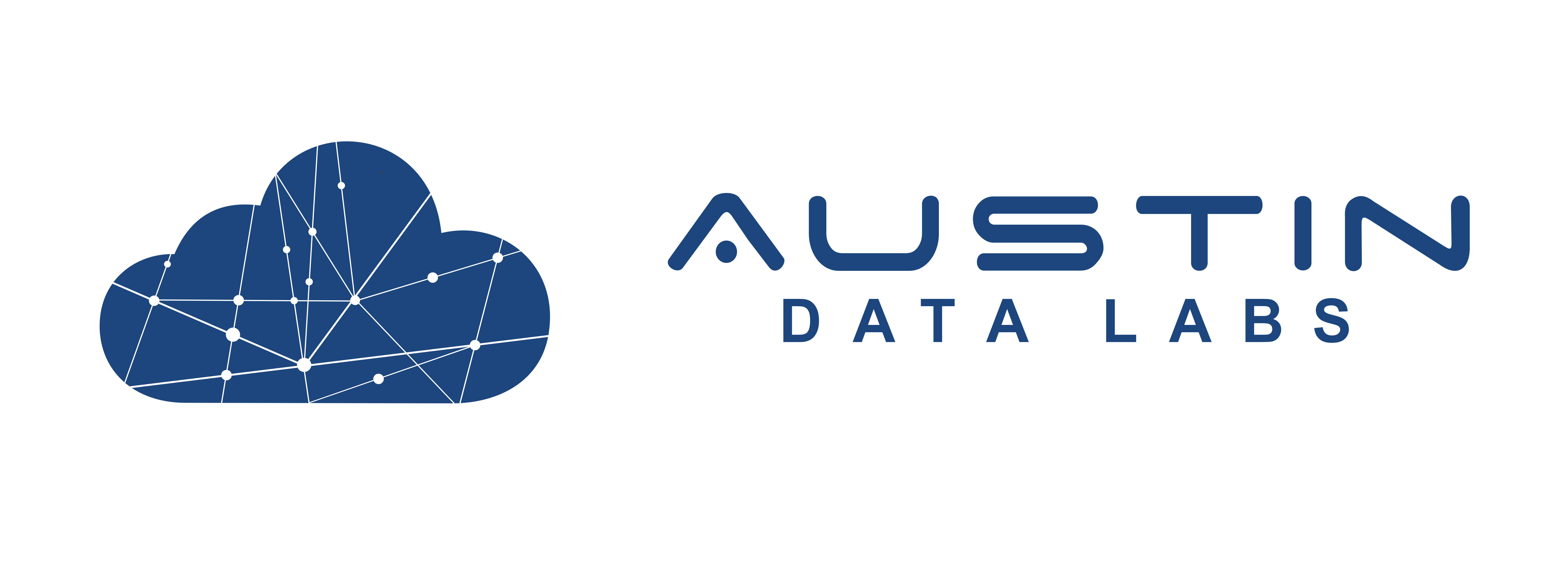The food supply chain, including the dairy and meat industry, is heavily reliant on transportation and logistics to get their products from the farm to processing plant to grocery stores and restaurants. The recent Bloomberg news article about the trucking industry being set for “uber-ization” brings to mind potential significant implications for the food and commodity ag industries.
For those unfamiliar with the term, “uber-ization” refers to the trend of companies using technology platforms to connect shippers with carriers on a more on-demand, decentralized basis. In the trucking industry, this means that smaller trucking companies and independent owner-operators can use apps and online platforms to find loads and get paid quickly, without the need for a middleman or broker.
On the one hand, this could be seen as a positive development for the food industry. With more competition and a greater number of carriers available, prices for transportation could decrease, potentially lowering costs for producers and consumers. Additionally, a more decentralized system could make it easier for smaller producers to get their products to market, particularly in rural areas where there may be fewer traditional carriers available.
However, there are also potential downsides to an “uber-ized” trucking industry. One concern is that safety standards and regulations could be compromised, particularly if smaller carriers are cutting corners to compete on price. This could lead to more accidents on the road and potentially higher insurance costs for all carriers.
Another concern is that the reliability and consistency of transportation could be compromised. Traditional carriers often have long-standing relationships with shippers and are able to provide consistent service and reliable delivery times. With a more decentralized system, there may be less stability and more variability in terms of delivery times and service quality.
For the dairy and meat industry specifically, there are additional concerns related to temperature control and food safety. Refrigerated trucks and other specialized equipment are needed to ensure that these perishable products stay fresh and safe during transport. Smaller carriers may not have the same level of investment in this equipment or the same level of expertise in maintaining it.
Overall, the potential “uber-ization” of the trucking industry has both positive and negative implications for the food supply chain, particularly the dairy and meat industry. It will be important for producers, shippers, and carriers to work together to ensure that safety standards and regulations are upheld, and that the reliable delivery of fresh, safe products is not compromised.



